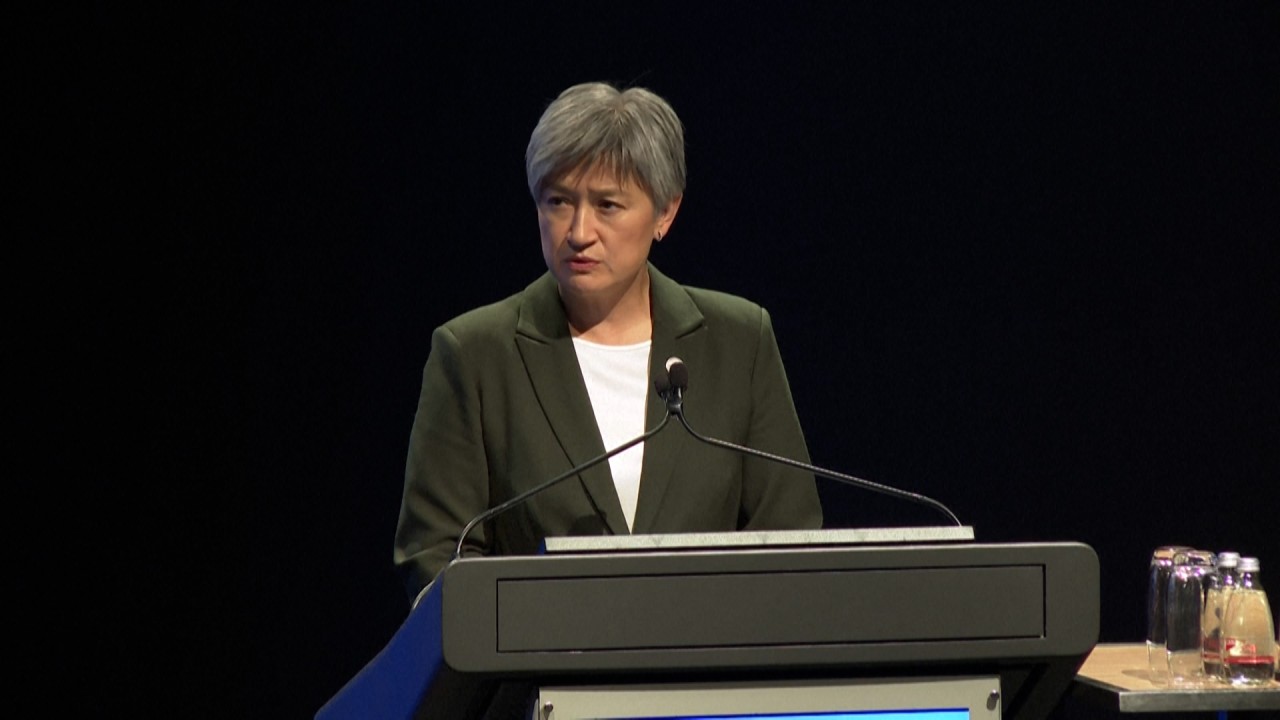“That difficult task, the maintenance of US strategic hegemony, is being left to supplicants like us,” Keating said.
“What this week’s Asean meeting makes clear is that Australia and Australian policy is at odds with the general tenor of Asean’s perceived strategic interests – that is, interests which relate to China and the United States and relations between them.”
Australia’s concerns with China’s – and the US’ – foreign influence have reached fever pitch, amid questions about China’s spying on Australia and protests against the US government’s lobbying in Canberra to oppose China and engage in wars.
“The anti-China Australian strategic policy establishment was feeling some slippage in its mindless pro-American stance and decided some new China rattling was overdue,” he said in his statement.
Xi Jinping tells visiting Australian PM relations now ‘on the right path’
Xi Jinping tells visiting Australian PM relations now ‘on the right path’
It was a wake-up call for Canberra when Malaysia’s Anwar told Australia on Monday not to piggyback Australia’s problems with China onto Asean, according to Keating.
But not all Asean nations shared those views, reflecting the complexity of the Asean-China relationship.
“We welcome Australian ships and aircraft to visit Singapore, which they do. And I’ve said before, and I repeated to the prime minister on this visit, that when the Australian new submarines are ready, we welcome them to visit Changi Naval Base in due course,” Lee said.
Why Singapore’s possible hosting of future Aukus subs could provoke Beijing
Why Singapore’s possible hosting of future Aukus subs could provoke Beijing
Hadrien Saperstein, a Southeast Asia specialist at the Asia Centre think tank in France, said Keating’s comments confirmed the status quo of Southeast Asian nations, that is to avoid a zero-sum position between superpowers.
Aside from the Philippines, which has started to see China’s incursions in the South China Sea through the lens of a security threat, this was not the case with other nations.
“Just about half of the small states within Southeast Asia hold a continentalist view of the high-seas and thus merely designate the South China Sea dispute as a high-risk issue – and not a high-threat issue – that can be simply mitigated through the use of maritime diplomatic initiatives,” he said.

Other analysts say Keating’s comments do not reflect the full picture of Southeast Asia’s security concerns.
On Aukus, behind public statements of concern, some nations have expressed an acceptance of Aukus as part of Australia’s defence strategy.


